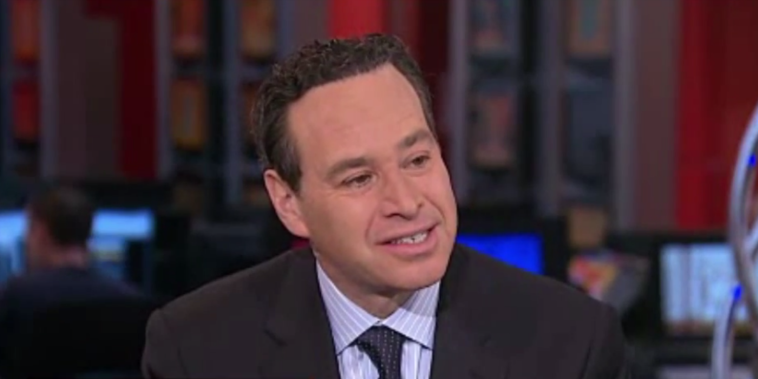Robert Draper’s 6,600 word invoice of the American libertarian scene in Thursday’s New York Times is comprehensive. It covers Rand Paul and Justin Amash, “The Independents” hosts Kennedy and Matt Welch, the thought-provoking The Federalist, provocateur Cathy Reisenwitz and New Hampshire’s annual “Porcfest.”
Videos By Rare
It also covered David Frum.
Frum is no friend to libertarians. This is nothing new. If the opposite of libertarian is authoritarian, as I’ve argued on occasion, the former George W. Bush speechwriter has rarely met an executive empowering policy he didn’t like. Surveillance. Torture. You name it.
When Draper asked Frum his opinion of libertarianism, he replied:
“It’s a completely closed and airless ideological system that doesn’t respond well to reality… Libertarians are like Marxists in that they have prophets like von Mises and Hayek, and they quote from their holy scripture, and they don’t have to engage.”
Reason’s Nick Gillespie Tweeted:
https://twitter.com/nickgillespie/status/497378702838476800
If there was ever a group detached from reality, it is the architects of the Iraq war, many of whose minds remain “completely closed” to the idea that maybe it wasn’t a good idea. The neoconservatives in particular might not be quoting prophets, but their ideological faith does dictate their facts.
Frum, to his credit, actually has been one of the few to show remorse.
Regardless of any hypocrisy on his part, Frum still makes a salient point: Do libertarians respond well to reality? Do libertarians have a problem engaging?
For most of its existence, libertarianism has been on the fringes of American life. This is at least half the point of Draper’s New York Times story.
My interest in libertarianism began with the rise of Ron Paul in 2007, precisely because his substantively conservative, small ‘r’ republican ideas were finding traction with a broad new audience. I had quit calling myself a conservative during the George W. Bush era, because there was literally nothing about that brand I wanted to be associated with.
I wanted less war and less government. Bush-Cheney did not.
Ron Paul did.
So did the one million people who voted for Paul in the 2008 primaries. The two million who voted for him in 2012 were also enamored with Paul’s—what for many of them was a brand new—libertarian message.
Libertarianism became attractive to me because it was attracting millions of people. In my mind, the best philosophy in the world didn’t matter if few people subscribed to it, were influenced by it or it didn’t reshape politics or culture in some significant way.
Today, I’m still only interested in libertarian ideas to the degree that they are having an impact. It’s not enough just to be right.
If the “libertarian moment” has finally arrived, and I believe it has, what might it look like?
Robert Draper’s story was a partial snapshot of a big, sometimes contradictory, heaping mess of people who share broad libertarian principles but who also have very different ideas about what that means. For the more pragmatic, it might mean picking your battles and branching out. For the more radical, it often means picking every battle even if it means zero growth.
Frum is right that libertarians characteristically have had a problem responding to reality and engaging the outside world. That some libertarians are now doing both is why Frum’s getting questions about it from a New York Times reporter.
Libertarianism is about ideas. But what it is to be done about them? How much are libertarians willing to do something about them?
Any idea realized will unavoidably look different than what was imagined. For example, many of us might have a vision of the ideal marriage. But even those involved in the healthiest marriages will tell you it doesn’t match perfectly with their ideal.
The same is true of libertarianism. Despite disagreements over definitions, what would any of those definitions look like in real time? Just how will the rubber hit the road, exactly? Will ideologues be comfortable with what it looks like when they realize it’s different from what they envisioned?
Some see the events and changes Draper chronicles and find hope. Others see this outgrowth, don’t like it and retreat to ideological purity—which was pretty much where the libertarian movement was before Ron Paul decided to run for president.
There is a significant difference between trying to make every American a libertarian and making America more libertarian. The former is impossible. The latter is happening.
Time will tell just how right David Frum is about libertarians and their movement.

